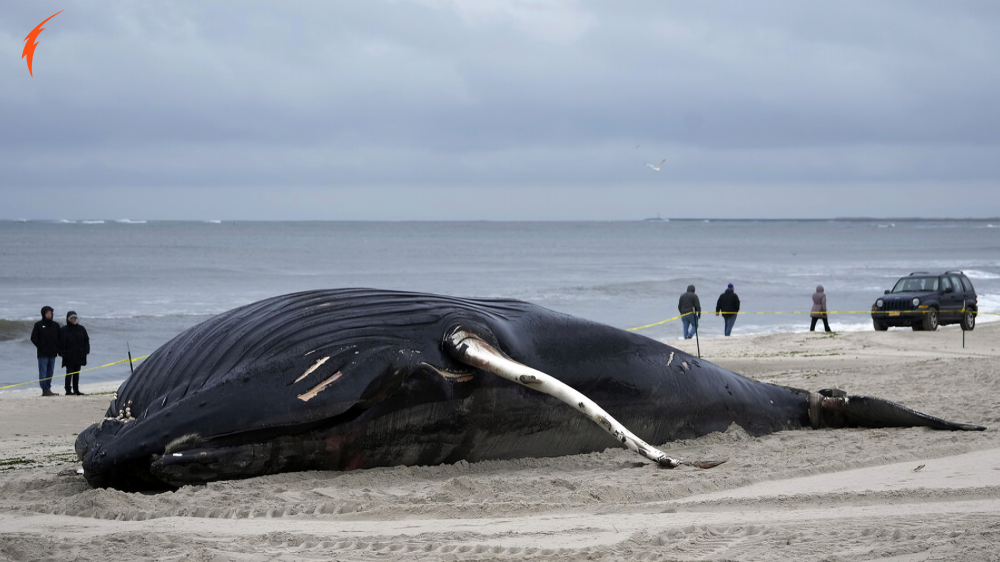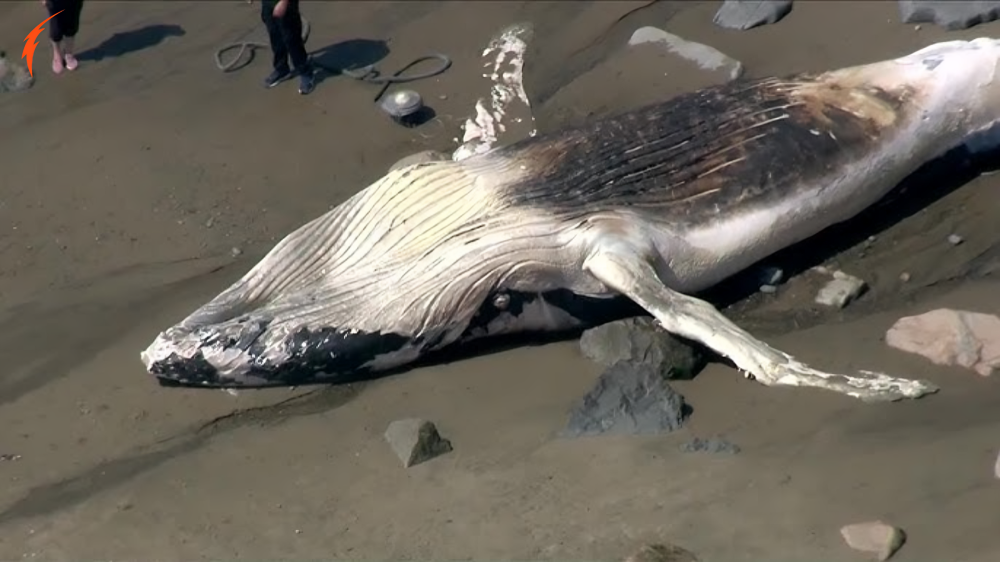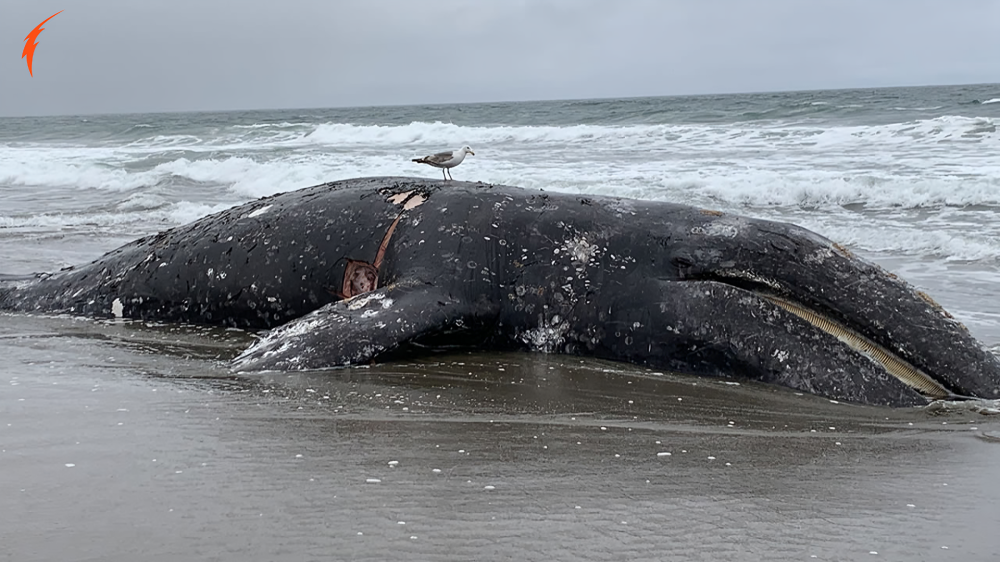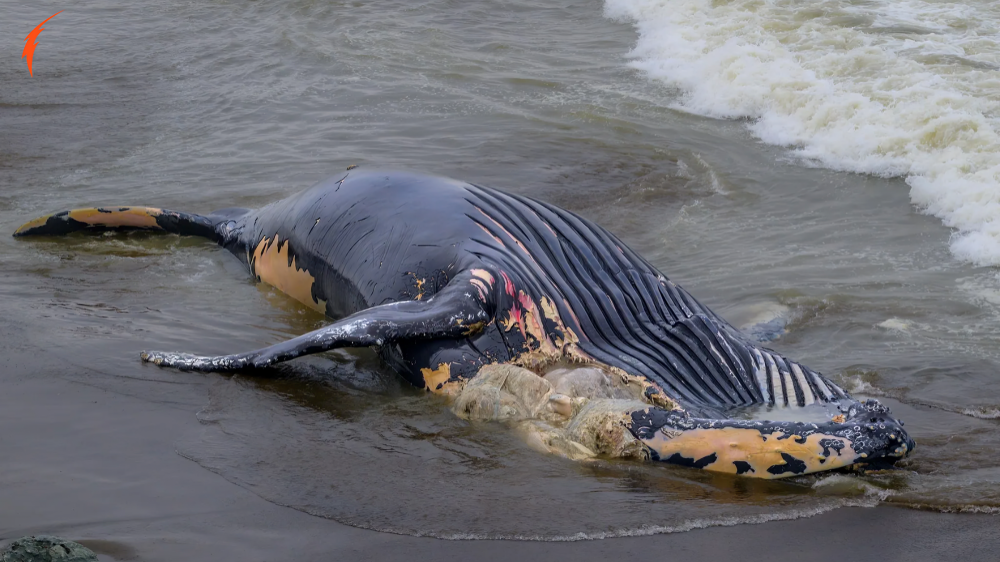The ocean has always been a place of mystery, beauty, and terror. Its vastness is immeasurable, and its secrets, buried deep in its endless expanse, are rarely fully understood. Among the most haunting and poignant of these mysteries is the tale of the La Valse Dead Whale. This enigmatic story touches on themes of nature’s fragility, human intervention, and the profound consequences of our relationship with the environment. It’s a story not only of loss, but also of how humanity grapples with the complexity of life, death, and decay in the natural world.
The La Valse Dead Whale has captivated the imagination of many, leaving behind an eerie legacy that invites reflection on our place within the natural world. In this article, we will delve into the details of the La Valse Dead Whale, exploring its origins, significance, and the many layers of meaning behind this haunting and unforgettable story.
The Origin of the La Valse Dead Whale
The La Valse Dead Whale story begins in a very unusual way. It’s a tale that merges the natural world’s beauty with the grotesque, the profound with the tragic. The whale, an ancient creature revered and feared by many cultures, becomes the central figure in this deeply moving narrative.
The story of the La Valse Dead Whale begins with the discovery of a massive whale carcass washed ashore. The whale, a majestic creature in life, becomes a tragic reminder of the environmental changes impacting our oceans. The discovery itself was dramatic — a giant dead whale lying in an unusual position, floating serenely in the waves. The carcass had been caught in the ebb and flow of the tide, lying motionless, its form a stark contrast to the vibrant life of the ocean. Over time, as the carcass began to decompose, a haunting sight unfolded.

The whale’s size and the peculiar way in which it appeared to have died raised numerous questions. What caused its death? Was it natural, or was it due to human activity? How did it end up in such a disorienting position? These questions form the basis of the La Valse Dead Whale’s haunting narrative, which has intrigued scientists, conservationists, and environmentalists alike. The whale, once a symbol of majesty, has now become an eerie testament to nature’s vulnerability.
The Symbolism of the La Valse Dead Whale
The La Valse Dead Whale is not merely a story of a whale’s death; it’s a symbol of loss, decay, and the ever-looming consequences of environmental degradation. As we dive deeper into its symbolism, we begin to see the story as one not just of a whale but of a larger message about our planet’s health and the disturbing impact humans have had on it.
The whale, for many, represents the power and beauty of nature. Whales have long been regarded as magnificent creatures of the deep, celebrated in various cultures for their intelligence, strength, and grace. They symbolize the mystery and the power of the natural world—vast, unknowable, and at times, perilous. To witness the death of such a powerful animal, particularly in such a tragic and unexpected way, is a stark reminder of nature’s fragility.
The positioning of the La Valse Dead Whale as it lay on the shore, motionless yet part of the ocean’s rhythm, also speaks to the relationship between life and death. In the natural world, death is not an isolated event but part of a continuous cycle of life, decay, and rebirth. The La Valse Dead Whale, then, can be seen as a metaphor for the cyclical nature of existence, where the end of one life is inevitably tied to the beginning of another.
However, the strange circumstances of the whale’s death and the environmental factors that may have contributed to it bring to light the larger, more unsettling reality: the rapid degradation of our planet and its ecosystems. The La Valse Dead Whale serves as a reminder of the devastating impact of pollution, climate change, and overfishing. The once-vibrant oceans are slowly being poisoned by the very actions of humans, leaving behind stories of loss and destruction in their wake.

The Disappearance of the Whale
The carcass of the La Valse Dead Whale slowly disintegrated over time, its bones exposed to the elements. As the decomposition process continued, the whale’s body became a stark reminder of mortality. The sheer size of the whale made its disintegration even more poignant. As it decayed, the whale’s once-magnificent form became a ghostly shell, a skeletal outline of its former glory.
Over time, the La Valse Dead Whale began to disappear. Nature reclaimed what had been lost, but the whale’s memory remained. As the tide pulled the remains of the whale back into the sea, the sight of it gradually faded from view, leaving behind only fragments and traces—symbols of nature’s ability to eventually restore balance.
Yet, the disappearance of the La Valse Dead Whale also marks a significant moment in our understanding of the world’s environmental challenges. While the whale’s remains disappeared into the ocean, the issues that caused its death—whether it was pollution, disease, or human interference—remain. The La Valse Dead Whale serves as a reminder that our relationship with the planet is fragile, and while nature may heal, the scars we leave behind may take much longer to fade.
La Valse Dead Whale as a Call for Environmental Awareness
The La Valse Dead Whale isn’t just a story about the natural death of an animal; it is an invitation to look deeper into the environmental issues facing the world today. As the ocean faces rising pollution levels, plastic waste, and the effects of climate change, the La Valse Dead Whale stands as a poignant metaphor for what could happen if we fail to address these pressing issues. The haunting image of a whale washed ashore and slowly decaying under the weight of environmental degradation serves as an urgent call to action.
If anything, the La Valse Dead Whale story urges us to consider the impact of our own behavior on the planet. How many more whales, dolphins, and sea creatures will meet the same fate? How many ecosystems will collapse under the strain of human activity? The tragic tale of the La Valse Dead Whale encourages us to confront these questions head-on, challenging us to take responsibility for the damage we’ve caused and to begin finding ways to reverse the harm done.
The La Valse Dead Whale also brings attention to the issue of conservation. As we witness the decline of species like whales, we are reminded of the fragile ecosystems that need protection. Whales play an important role in the health of ocean ecosystems, and their loss can lead to broader ecological consequences. Protecting these creatures is essential not only for preserving biodiversity but also for maintaining the delicate balance of our planet’s natural systems.

The Haunting Legacy of the La Valse Dead Whale
Despite its disappearance, the story of the La Valse Dead Whale continues to echo in our consciousness. The haunting image of the whale carcass, coupled with the uncertainty surrounding its death, lingers long after the physical remains are gone. It is a tragic, yet deeply meaningful, story that forces us to grapple with our own role in the natural world.
The La Valse Dead Whale is a symbol of the environmental challenges that humanity faces. It serves as a reminder that we are not separate from nature; rather, we are deeply intertwined with it. Our actions have far-reaching consequences, and we must understand that the loss of one creature is not an isolated event but part of a larger environmental tragedy. The La Valse Dead Whale is a haunting testament to the ways in which we have altered the delicate balance of life on Earth, and it calls on us to change our course before it’s too late.
As we reflect on the significance of the La Valse Dead Whale, we are reminded of the power of storytelling. Through the tale of this whale, we are urged to look inward and examine our own connection to the natural world. The La Valse Dead Whale isn’t just the story of an animal’s death—it’s the story of us all. It’s a warning, a reflection, and an invitation to create a future where we live in harmony with the planet, rather than one where we contribute to its destruction.
More: Reddit
Conclusion: The Enduring Importance of the La Valse Dead Whale
The La Valse Dead Whale story is one that speaks to the heart of environmental consciousness. It reminds us that life is fragile, death is inevitable, but our impact on the world is long-lasting. The haunting tale of the whale’s death and eventual disappearance leaves us with more questions than answers, but it also challenges us to reconsider our role in the fate of the Earth’s oceans and creatures.
As we look to the future, the La Valse Dead Whale serves as a reminder that the natural world is not an endless resource. It’s a delicate web of life that needs our care, respect, and attention. The tale of the La Valse Dead Whale is a call to action—an invitation to change our relationship with nature and to protect the creatures that share our planet. The memory of this haunting whale will live on as a symbol of loss, but also as a beacon of hope for those who are willing to take action to preserve the world we all share.



